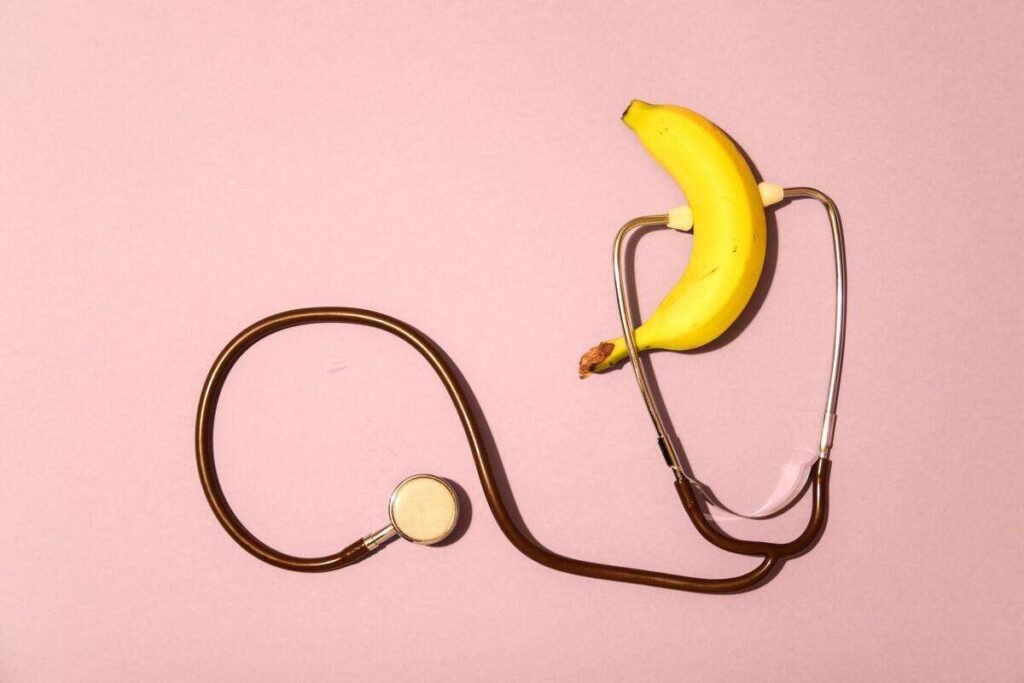
Understanding Testosterone: 3 Major Causes and Symptoms of Testosterone Deficiency
When talking about testosterone, many people will think of sexual function, but the role of testosterone goes beyond that. It plays a very important role in both male physiology and female health. Once the testosterone concentration is low, it is easy for people to experience aging symptoms and even menopausal disorders. However, human testosterone can be effectively maintained through diet or nutritional supplements.
What exactly does testosterone do to the human body? What symptoms will the human body experience if there is a lack of testosterone? What foods should be used to supplement testosterone?
Testosterone: An important hormone needed by both men and women!
Testosterone is mainly secreted by male testicles or female ovaries. It stimulates the body to secrete androgens and estrogen, allowing a variety of physiological reactions to run smoothly. It is an important pleiotropic hormone. The main functions of testosterone are as follows:
- Regulate sexual desire and reproductive function
- Increase muscle mass and strength
- Maintain bone density and prevent osteoporosis
- Change body fat ratio
- Promote the production of red blood cells
- Stimulate body hair growth
- Keep your mood stable
Because men secrete more testosterone, it is traditionally believed that testosterone only affects men’s physiological functions. In fact, testosterone can also affect women’s health. As age increases, the concentration of testosterone decreases, which can easily lead to the well-known menopausal disorder. Therefore, regardless of gender, a certain concentration of testosterone needs to be maintained to maintain body functions.
3 major causes of insufficient testosterone
Testosterone deficiency can be roughly divided into three main causes: early-onset, late-onset and drug-induced:
- Early-onset: Early-onset low testosterone is a congenital disease, mainly caused by the patient’s endocrine disorders, such as pituitary gland abnormalities.
- Late-onset: The secretion of testosterone will decrease with age, and the concentration of testosterone in the blood will decrease at a rate of about 0.4~2.6% per year, causing testosterone deficiency.
- Caused by chronic diseases and drugs: It is currently known that some diseases, such as AIDS, or some patients taking steroids, will suffer from testosterone deficiency.
Testosterone deficiency triggers male menopause
As age increases, testosterone secretion decreases. Once the concentration of testosterone in the blood is too low, it will cause various symptoms, which is more likely to occur in men over 40 years old. Therefore, it is also called male menopausal disorder, also known as male hormone hypogonadism. Various symptoms will occur and can be divided into 3 categories:
- Emotional control: weakness, fatigue, sleep disorders, emotional instability, depression tendencies
- Physiological functions: osteoporosis, obesity, weakened muscle strength, hair changes, unstable blood lipids or blood sugar.
- Sexual function: decreased libido, erectile dysfunction.

Testosterone Supplementation: 2 Treatments for Stability
After a physician’s evaluation, it is confirmed that the patient’s testosterone concentration is deficient and there are obvious symptoms of deficiency, and if the prostate examination reveals that the PSA (prostate antigen) concentration is normal, the physician will assist in prescribing testosterone supplements. It can be mainly divided into food treatment and drug treatment:
- Medication
Currently, testosterone treatment drugs can be divided into 4 types:
- Oral dosage form: Easier to be absorbed by the body and longer lasting. Moreover, the currently prescribed testosterone supplement capsules need to be used with three meals and must be combined with fat to be easily absorbed by the body. Therefore, the food tastes relatively salty, so it is not popular.
- Intramuscular injection: The effect is divided into medium-acting (2 to 4 weeks) and long-acting (4 to 12 weeks). It is convenient and cheaper, but it is prone to discomfort at the injection site and the concentration of testosterone in the blood is unstable, which can easily affect the patient’s mood and sexual desire.
- Patch: It needs to be attached to dry and intact skin such as back, abdomen, thighs, arms, etc. It may cause symptoms such as rash.
- Gel liniment: short-acting and easy to use, with low side effects, but it is easy to cause malabsorption due to personal skin conditions.
- Oral dosage form: Easier to be absorbed by the body and longer lasting. Moreover, the currently prescribed testosterone supplement capsules need to be used with three meals and must be combined with fat to be easily absorbed by the body. Therefore, the food tastes relatively salty, so it is not popular.
- Food therapy
- Garlic: By regulating progesterone, garlic helps increase testosterone levels. In addition, garlic can also reduce testicular cell apoptosis caused by heavy metal pollution and oxidation reactions, and maintain testicular function.
- Ginger: Ginger contains a variety of antioxidant compounds that can reduce testicular cell damage and promote the secretion of testosterone from the testicles by regulating progesterone.
- High-protein diet: Protein can be broken down into a variety of amino acids in the human body, including: valine, leucine, isoleucine, and threonine, which can effectively help Promote testosterone secretion.
- Soybeans: The lecithin contained in soybeans can reduce testicular cell damage and increase testosterone concentration. In addition, animal experiments indicate that regular consumption of soybeans contains isoflavones, which can also help secrete testosterone.
- Lactic acid bacteria products: Testicular interstitial cells can promote testosterone secretion. Lactic acid products contain a variety of probiotics that stimulate testicular interstitial cells, increase testosterone concentration in the blood, and increase sperm motility.
In addition to diet and drug treatment, patients also need to maintain a good daily routine, exercise regularly, quit smoking and drinking, and relieve stress to achieve the best results.
- Garlic: By regulating progesterone, garlic helps increase testosterone levels. In addition, garlic can also reduce testicular cell apoptosis caused by heavy metal pollution and oxidation reactions, and maintain testicular function.
Contraindications of testosterone medication
Not all patients can receive testosterone medication. If you have the following medical history, using testosterone supplements may cause side effects, and medication is not recommended:
- Male breast cancer.
- Prostate cancer.
- Severe obstructive sleep apnea syndrome.
- Patients who are at risk from fluid accumulation, such as heart failure.
- The PSA concentration is too high.
- Testosterone concentrations were normal.




